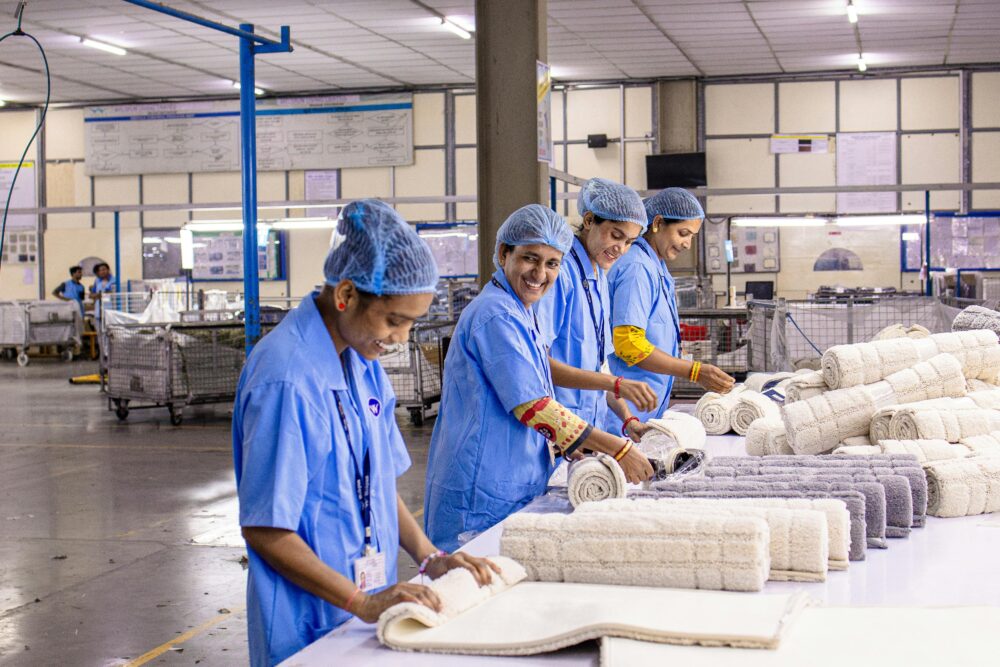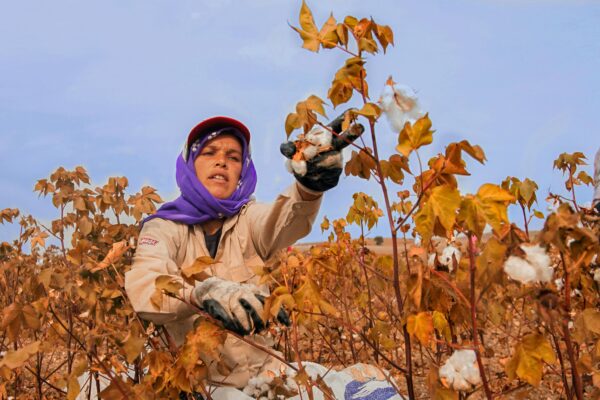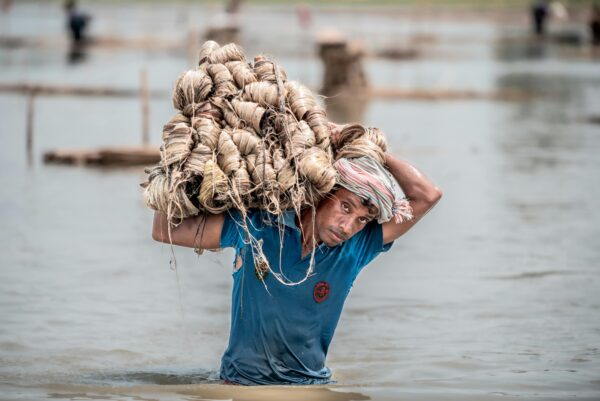Every individual working in an industrial setting—regardless of gender, role, position, or rank—deserves to be treated with respect and protected from harassment and abuse. Dignity is a universal right. November 25, the International Day for the Elimination of Violence Against Women, serves as a global reminder that safety in the workplace is non-negotiable.
At Worldwide Responsible Accredited Production (WRAP), Principle 4: Prohibition of Harassment and Abuse is not merely a compliance requirement, it is a moral obligation we uphold with conviction. As WRAP’s Representative for Indonesia and Malaysia, I’ve seen firsthand how this principle protects lives and transforms workplaces.
In Indonesia’s garment industry, where women make up most of the workforce, harassment often goes unreported. Many workers remain silent out of fear of retaliation, job loss, or damage to their reputation. In Malaysia, migrant workers face even greater risks due to language barriers, social isolation, and limited access to support systems.
With intense competition for employment and few alternatives, workers often endure mistreatment quietly, believing they have no choice. Some simply explain, “I just tried to work harder.” That’s why WRAP’s Principle 4 is so vital; it empowers workers to recognize it, speak up, and begin to heal.
As a key component of WRAP’s guiding 12 Principles, the Prohibition of Harassment and Abuse is a solemn promise: that every worker, regardless of role or background, is entitled to dignity, safety, and respect in the workplace. Certified facilities are required to uphold this commitment by ensuring protection from:
- Physical punishment or coercion
- Sexual harassment or intimidation
- Psychological or verbal abuse
- Retaliation for reporting misconduct
I’ve witnessed how raising awareness can transform workplace culture. It’s not enough for protections to exist on paper—they must be meaningfully implemented through audit protocols, grievance mechanisms, and training programs tailored to the cultural and operational realities of each region. In settings where power dynamics and local customs influence behavior, my role is to ensure these safeguards are not only understood but embraced. This requires culturally sensitive engagement, clear and compassionate communication, and trust-building with stakeholders at every level.
At WRAP, protection begins with education. We conduct training sessions that help both managers and workers recognize what harassment looks like, including subtle behaviors like intimidation, exclusion, or verbal degradation. These moments often lead to powerful realizations: “I didn’t know that counted,” one worker shared. Others admitted, “I didn’t know it was wrong.” That shift from silence to awareness is where real change begins.
Next comes prevention. WRAP requires facilities to establish clear anti-harassment policies, communicate them to all employees, and enforce them consistently. Supervisors are trained not just on what to avoid, but on how to lead with respect. Certified facilities must provide safe, confidential grievance mechanisms. Workers must be able to report abuse without fear of retaliation. During audits, WRAP’s team reviews these systems, interviews workers, and ensures complaints are handled appropriately.
Principle 4 is not about ticking boxes—it’s about restoring dignity. It’s about giving workers the words to name their experiences and the tools to transform them.
Let’s use this month—especially November 25—to recommit to respect, dignity, and accountability. Ending workplace harassment is a fundamental and uncompromising priority. Every worker deserves to feel safe and heard.
Neni Triani serves as WRAP’s Representative for Indonesia and Malaysia, based in West Java. Neni joined WRAP in 2023 and has over two decades of experience.




